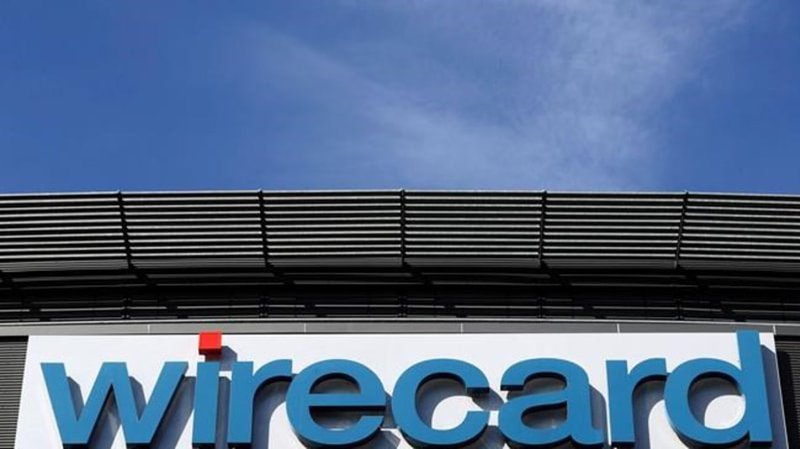
Wirecard scandal: Accounts worth billions likely don’t exist
BERLIN — German payment service provider Wirecard said Monday it has concluded that two accounts that were supposed to contain 1.9 billion euros ($2.1 billion) probably don’t exist, deepening troubles that last week prompted the resignation of its chief executive.
Wirecard AG was once regarded as a star of the growing financial technology sector, but its shares have fallen sharply after the company became the subject of multiple Financial Times reports about accounting irregularities in its Asian operations. Wirecard disputed the reports, which started in February 2019, and said it was the victim of speculators.
Last week, the company disclosed that auditors couldn’t find accounts containing the 1.9 billion euros and postponed its annual report. On Friday, CEO Markus Braun resigned and was replaced by James Freis.
Two Philippine banks that were said to hold the money in escrow accounts said that they had no dealings with Wirecard.


